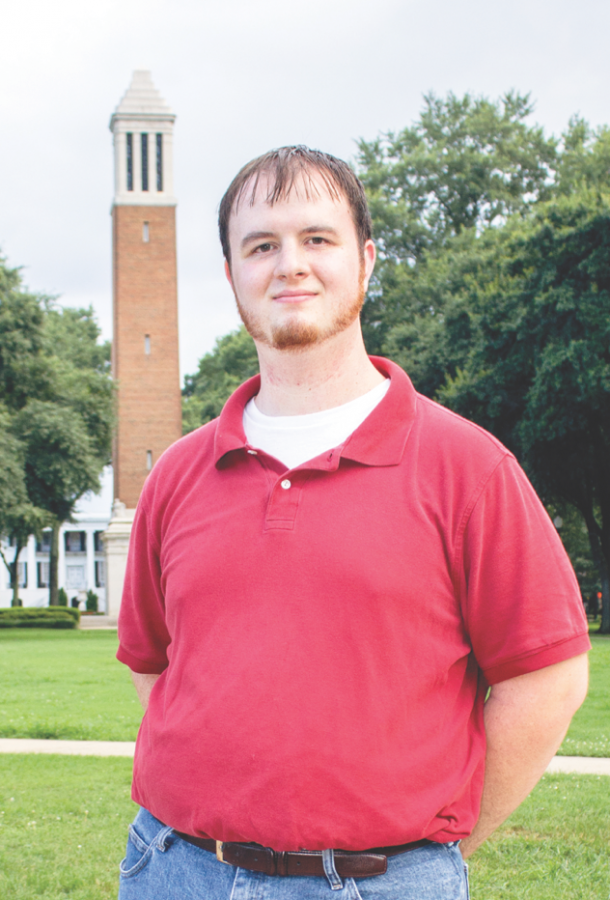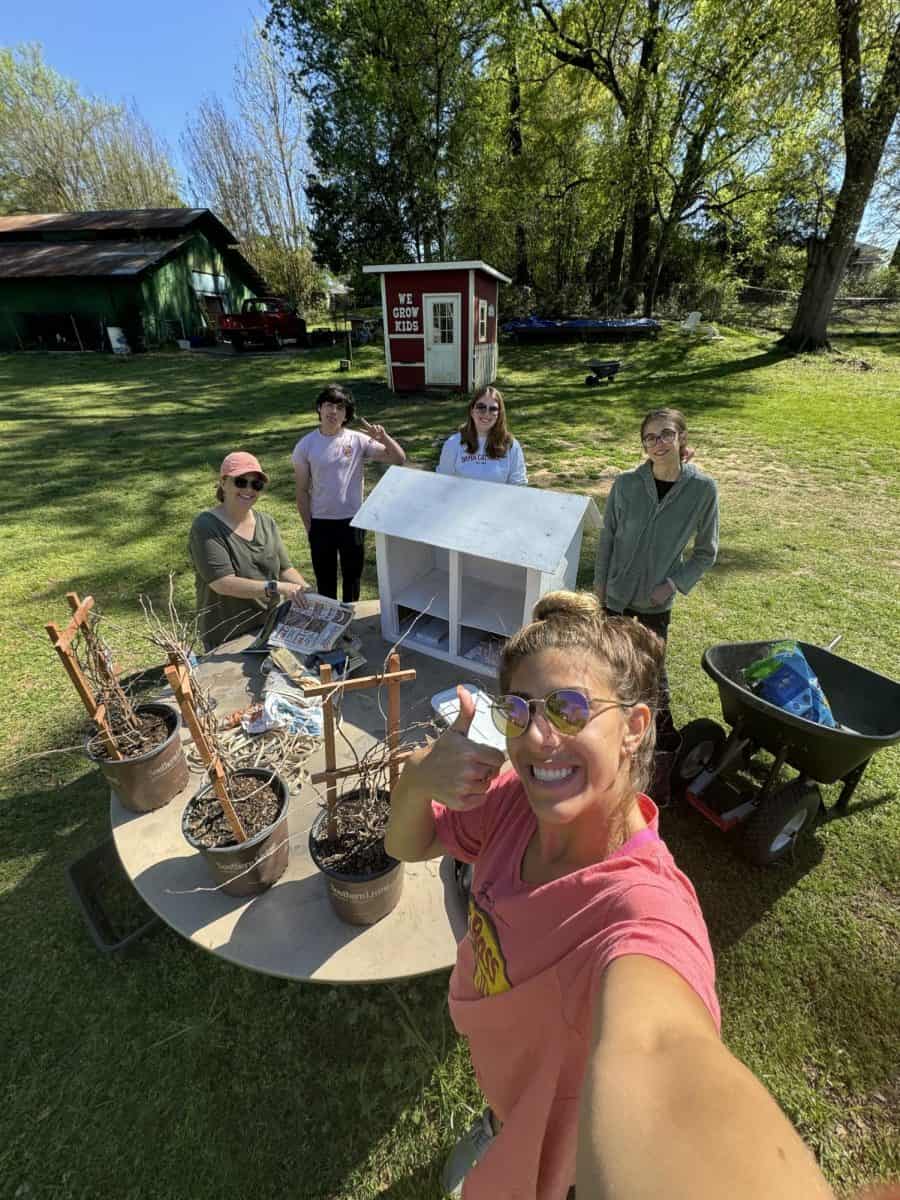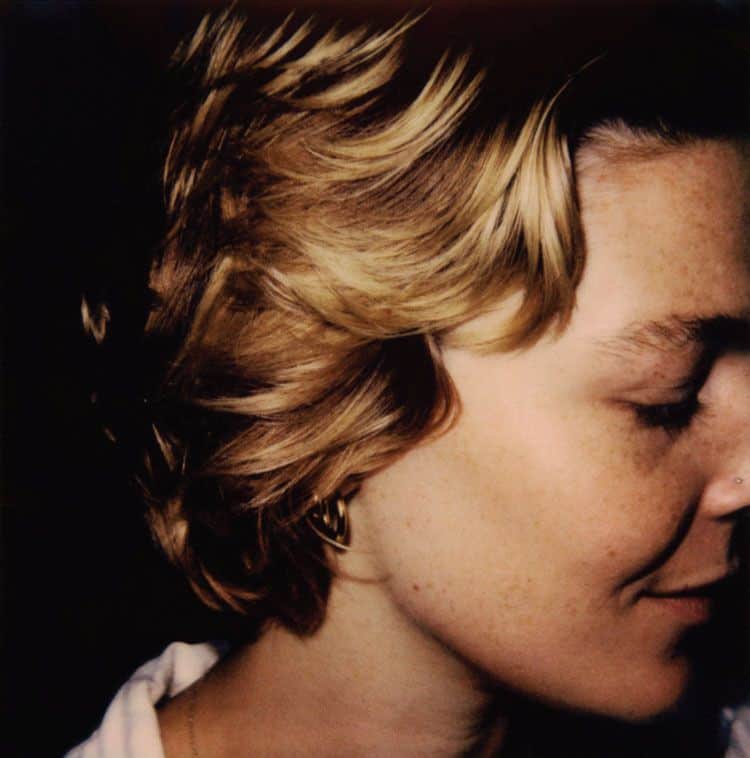The Ferguson Center was bustling with students as usual in January 2012. Several tables were lined up around the room with sign-up sheets, information cards and free T-shirts or pens. For John Fleischauer, it was the Red Cross table that caught his eye.
“I have always been interested [in emergency services] to some degree,” said Fleischauer, a junior majoring in emergency management through New College. “I hadn’t thought about it much though until last January.”
Volunteering with the Red Cross led Fleischauer to reconsider his undergraduate plans.
“The more I worked with [Red Cross], the more I saw I wanted to do it full time, as a career after school,” he said.
Fleischauer wanted to change his major from management and information sciences to emergency management, a major that the University does not offer. Enter New College, a University program first developed in 1971. Fleischauer could create his own major specific to his interests through the program.
From the outset, the purpose of New College has been to offer ambitious, responsible and self-disciplined students the freedom to build a curriculum from several departments, according to the New College website. This interdisciplinary learning experience is not specific to The University of Alabama, though. There are a number of programs like it throughout the country.
“I believe that the New College experience is a great place for a student to find a community of faculty and peer members who genuinely believe in the student and work hard to help him or her meet individualized goals,” Margaret Purcell, Fleischauer’s New College advisor, said.
Fleischauer is able to choose classes from all over campus to make his major. He has taken a number of classes from geography and studying weather patterns to criminal justice and public relations.
“It’s not your normal emergency management program, but I can incorporate a lot of different classes here, and I think that expands my education even more,” Fleischauer said.
Purcell spends a considerable amount of time with Fleischauer as his advisor.
“John is very focused on his goals and is a serious student,” Purcell said. “He comes across as quiet at first, but the more you know him, the more he speaks up. I think that his thoughtful nature and quiet persona are good matches for a person who assists others during tense and frightening situations. Since he will be the person to whom others go for help, he will do well to remain calm when others are in a period of duress.”
However, emergency management is not actually what most people probably think it is, Fleischauer said.
“A lot of people think we are firefighters or EMTs – the boots on the ground right after a disaster people,” he said. “But really, we handle the if and when this happens, how are we going to handle this type of stuff.”
Emergency management is not about disaster prevention, but disaster preparedness and assistance during a natural disaster. Fleischauer said his favorite part was seeing community reaction in the midst of disaster.
“I love getting to see how all the different parts of the puzzle fit together,” he said. “I get to see how all the agencies, organizations and community members come together and help the community get back on their feet.”
Fleischauer was not in Tuscaloosa for the April 27, 2011, tornadoes. He was a senior in high school at the time, living in Decatur, Ala.; however, he said he was still moderately affected by the storm.
“We were fortunate that our city was not hit,” he said. “The power was out for a few days, but that was pretty much all.”
Fleischauer went to stay with some friends while the power was out, but he said his role in a disaster today would be very different.
“It’s kind of weird to think that doing what I do now, my experience would look very different than it did on April 27, [2011],” he said.
After graduation, Fleischauer said he has several options – he could take a staff position with the Red Cross, and there are several government positions he is looking into.
“It just depends on where my interests are when I graduate,” he said. “I am really enjoying where I am now and what I am doing though.”







